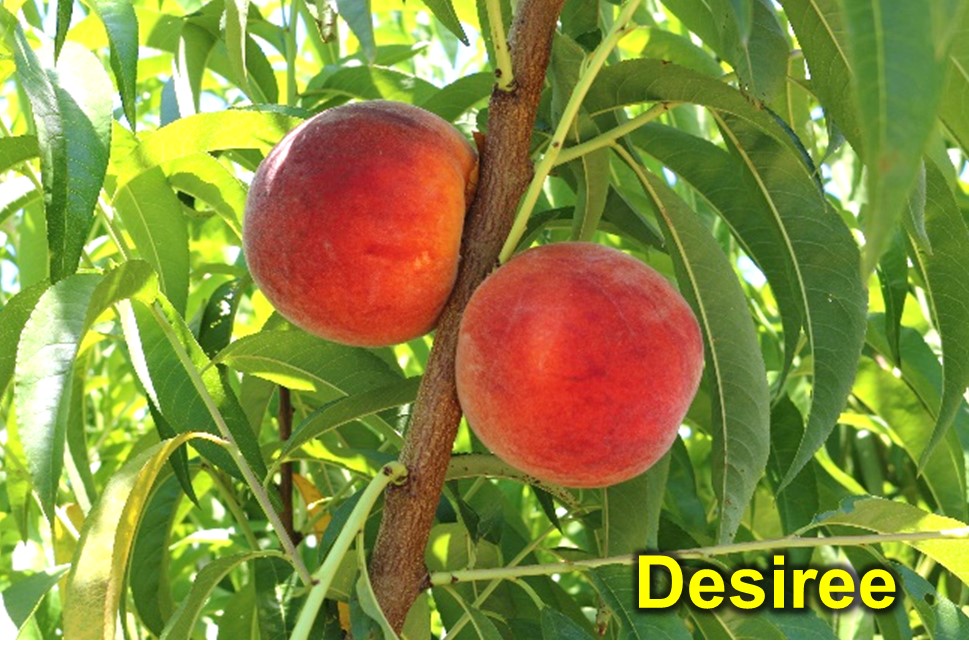 The many peach varieties grown in New Jersey were developed in different breeding programs from several peach-growing regions, including the Rutgers Tree Fruit Breeding program. Recent evaluations have examined the known characteristics and challenges growers face in growing these varieties. These are important for making planting, thinning, harvesting, post-harvest handling, and marketing-related decisions. Understanding these differences is important for selecting varieties or replacing existing ones.
The many peach varieties grown in New Jersey were developed in different breeding programs from several peach-growing regions, including the Rutgers Tree Fruit Breeding program. Recent evaluations have examined the known characteristics and challenges growers face in growing these varieties. These are important for making planting, thinning, harvesting, post-harvest handling, and marketing-related decisions. Understanding these differences is important for selecting varieties or replacing existing ones.
Desiree is a very attractive yellow-fleshed, clingstone peach variety, ripening during the last week of June. The fruit is beautiful and medium to moderately large, which is impressive for the early-season variety. The flesh is firm with a very sweet and tangy flavor. The tree is vigorous, and its leaves have low susceptibility to bacterial spot. The fruit is also having low susceptibility to Bacterial Spot. [Read more…]

